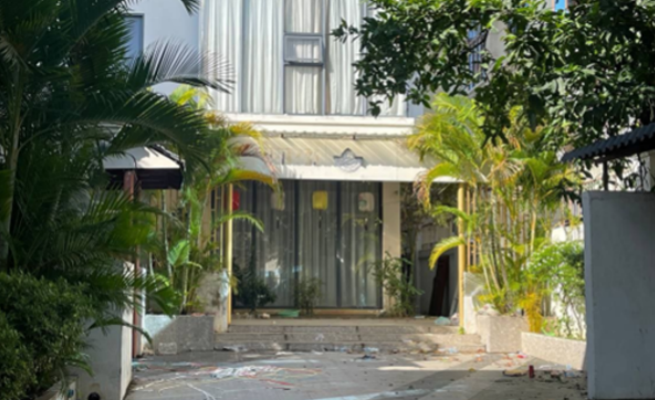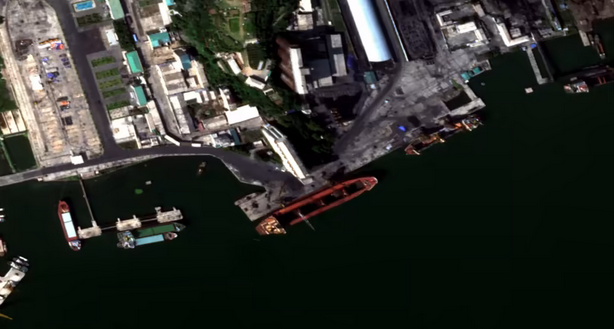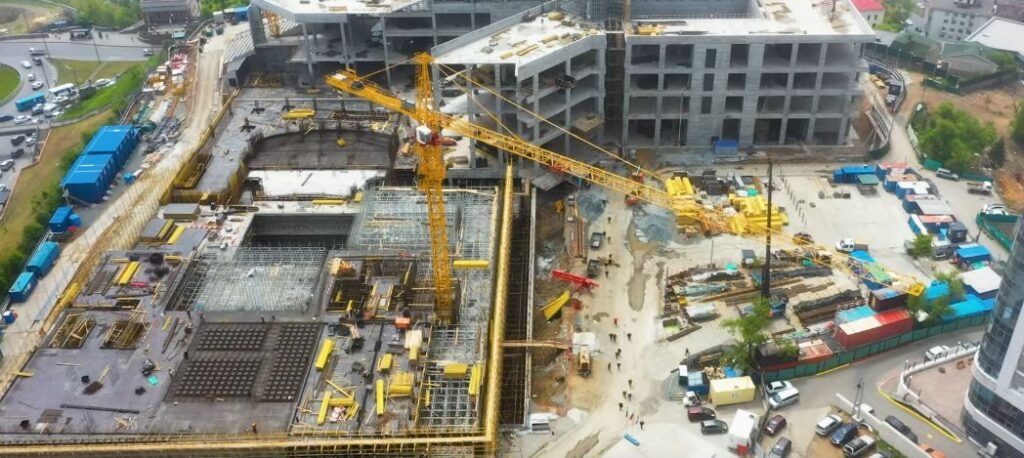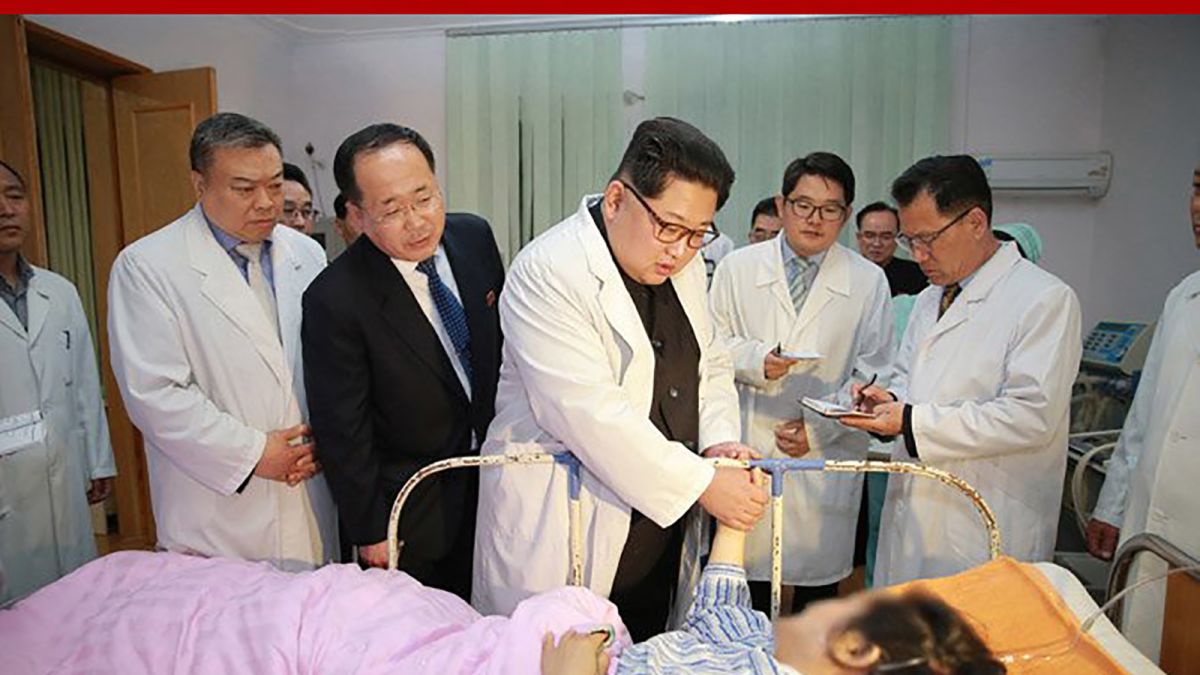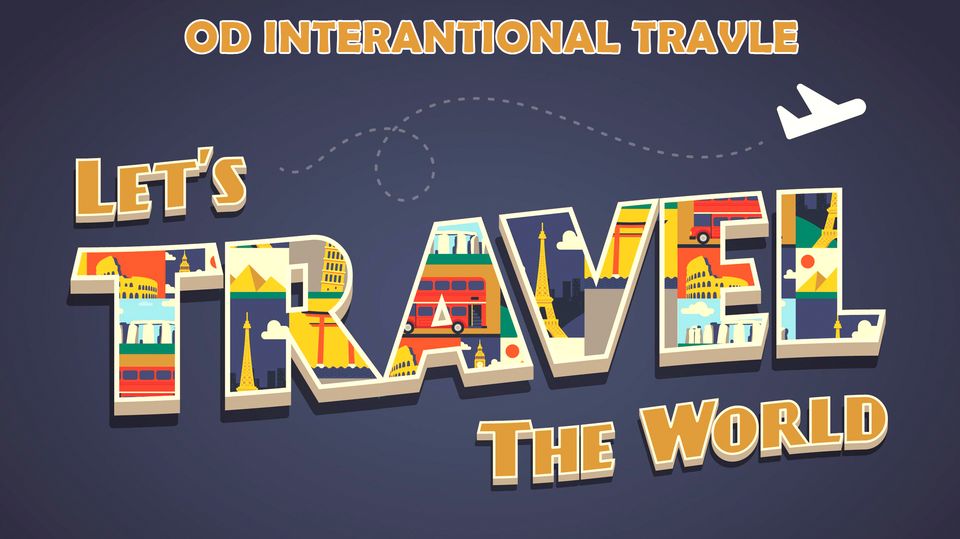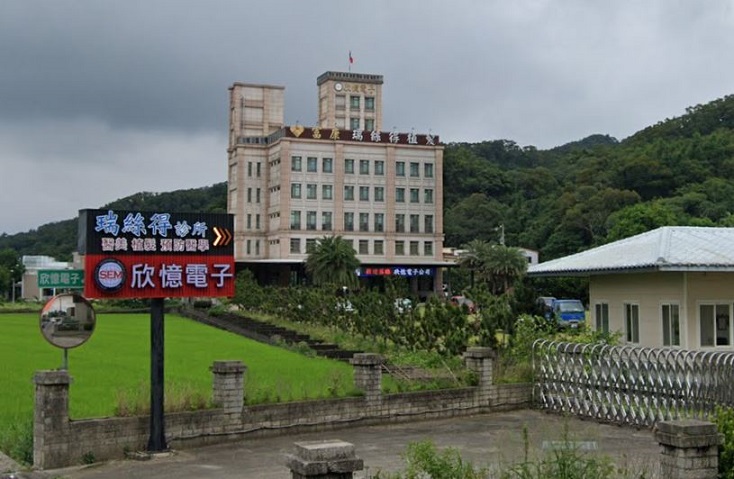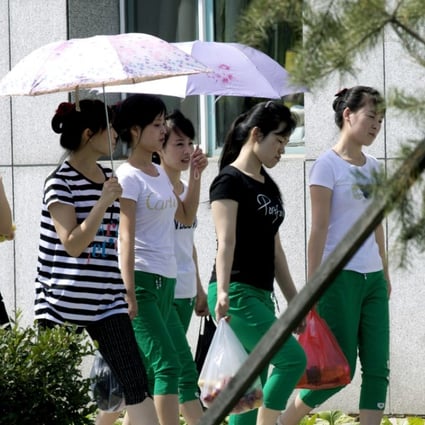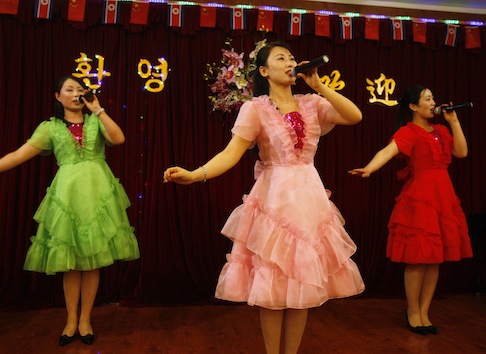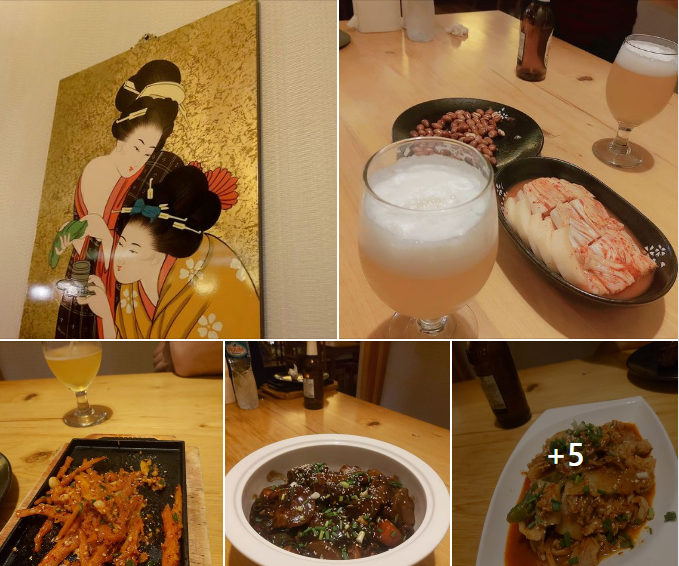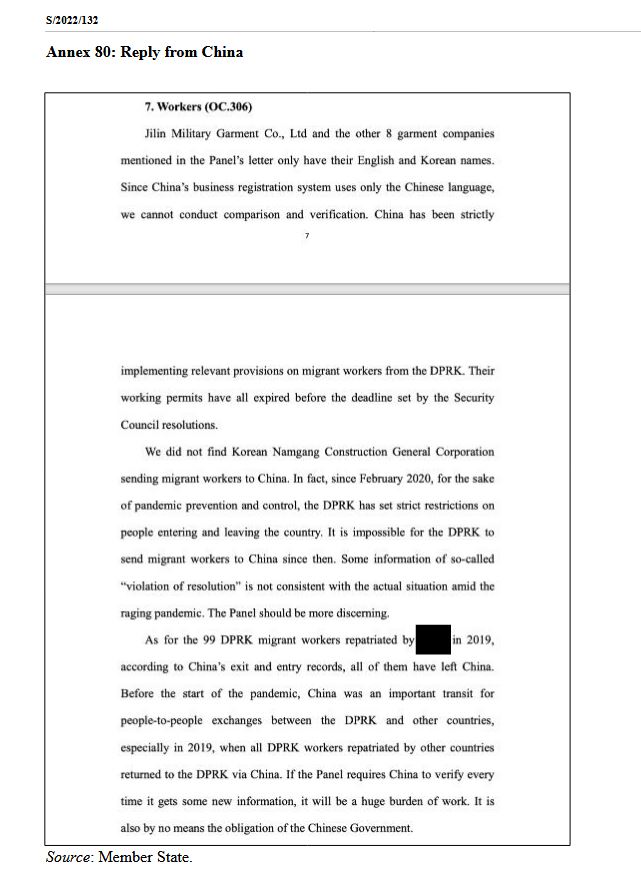Pyongyang Papers recently reported on a restaurant called the Blue Flower located in Phnom Penh, Cambodia and is run by two North Koreans: Nam Un Gyong and her daughter Ri Son Chong. By running the restaurant Nam and Ri are violating UN Security Council resolution 2397, which prohibits North Korean citizens from working abroad. It is also widely known that the money made by North Korean’s abroad makes its way back to the Kim Jong Un regime and funds North Korea’s nuclear and ballistic missile program, one of many sources of contention between the rest of the world and North Korea.
Blue Flower restaurant employees escape police
In our last article we reported how Cambodian authorities had given orders for The Blue Flower restaurant to be closed down. It appears Nam did not listen to the warning, as in a dramatic turn of events, we have been informed that she had to secretly escape from the Blue Flower and that the DPRK staff narrowly avoided capture by the Cambodian authorities due to the constant police presence at the restaurant. Our sources tell us these North Korean employees have now left Cambodia.
Investigations have confirmed that the Blue Flower restaurant is now officially closed and the premises where the restaurant was located apparently trashed. As mentioned previously, the restaurant employed Cambodian nationals due to DPRK border closure. We understand that the Cambodian nationals have all been fired and reportedly left the area. The restaurant may have closed but this does not mean the money-making activities by Nam & Ri have stopped!
North Korean Restaurants in China
With the closure of the Blue Flower. Nam has parted ways with her former business partner, an individual named Pan Yong and is already looking for a new business partner to help her open a joint venture restaurant in China! Since the beginning of this year, despite sanctions being in place, it is reported that at least 10 restaurants and hotels staffed by Koreans have popped up in three Chinese cities. Now that the DPRK borders are slowly re-opening, we believe that many thousands of North Korean workers are returning home from China under a week-long quarantine after arriving in a number of locations, including Rason, Sinuiju and Sunan. The re-opening of the border has also included freight trains making the journey between the two countries again, with one specifically arriving in Sinuiju and returning back to Dandong 45 minutes later.
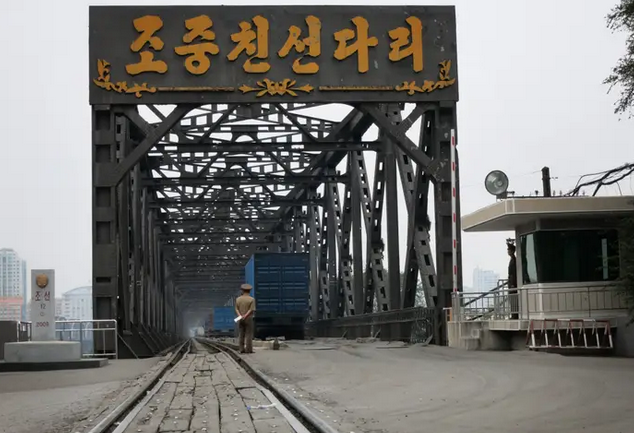
Could this mean more DPRK workers are preparing to move to China to replace the returning workers? or is China finally observing UN Sanctions? Only time will tell but Pyongyang Papers has suspicion it won’t be China observing UN sanctions! Historically, the two sides of the border have agreed to work together to prevent illegal crossings between the Yalu River and Tumen River, with both countries providing their own guards and agreements around times people were able to make the crossing. China also forcibly returned over 500 North Koreans who had escaped to China back over the border.
Illegal workers bringing home souvenirs
It is also likely that the returning DPRK workers, who were sent abroad to work and earn for the regime, will bring a number of sanctioned items home with them, such as money and luxury goods. It appears the Blue Flower had a number of elaborate, expensive looking paintings throughout the restaurant and stocked a large amount of high-end alcohol. Pyongyang Papers wonders if the returning workers and return of freight movement will see an influx of other sanctioned items into North Korea.
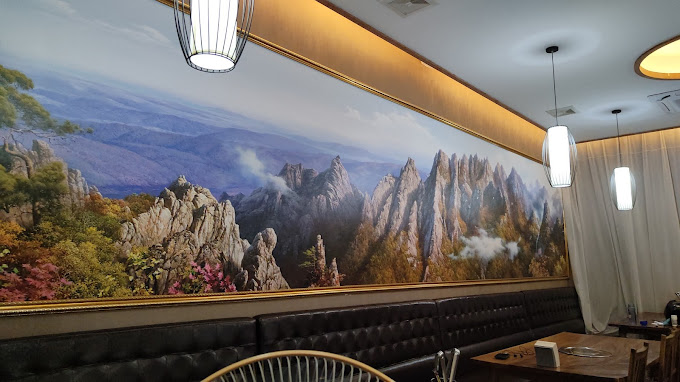
Pyongyang Papers will continue to investigate Nam & Ri as they look to continue their efforts in China to earn sanctioned revenue for the North Korean regime but it is clear that China has a major role to play in enforcing UN sanctions aimed at stopping funds reaching the DPRK and being used to advance its nuclear and ballistic missile program. This is especially relevant given the recent launch of North Korea’s first ‘spy’ satellite using ballistic missile technology.
If you have any further information on Nam Un Gyong, her daughter Ri Son Chong or any other North Korean sanctions evasion, please get in touch through the ‘Contact us’ page.

